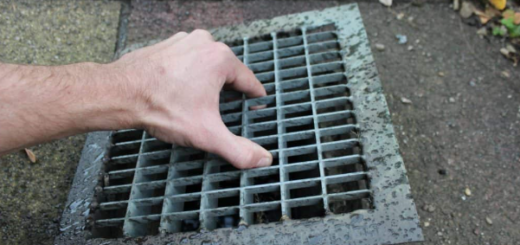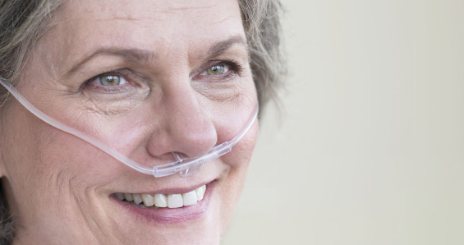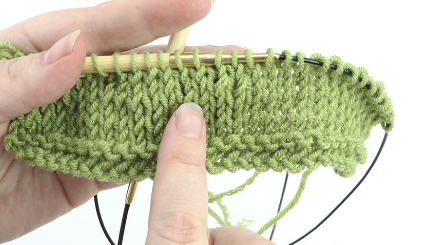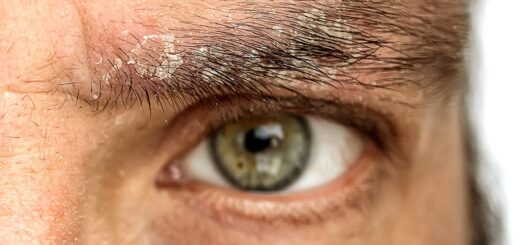All you Need to Know About Anxiety
It is perfectly normal for everyone to feel anxious from time to time. For instance, you may feel a bit anxious before giving a presentation at work or before you make an important decision. However, anxiety disorders are a whole other problem. They are essentially a group of mental illnesses and they can cause you a lot of distress, which makes it difficult for you to live your life like a normal person. Anxiety disorders can include panic attacks during which you sweat, suffer from chest pain and have irregular heartbeat. There are social anxiety disorders where you worry about being in social situations. There may be specific phobias like fear of heights or you may be a patient of generalized anxiety i.e. excessive tension and worry for no reason.
There are some general symptoms of all anxiety disorders such as:
- Heart palpitations
- Fear, panic and uneasiness
- Sweaty, numb or cold or even tingling feet and hands
- Nausea
- Dry mouth
- Dizziness
- Tense muscles
- Shortness of breath
- Sleep problems
- Inability to stay still and calm
As far as causes of anxiety disorders are concerned, there is no exact one that can be identified. Like most mental illnesses, they occur due to a combination of factors such as environmental stress, changes in your brain or even because of your genes. If you suffer from the symptoms outlined above, a doctor will take a look at your medical history. Tests may be done for ruling out medical illnesses that may be contributing to the symptoms. But, there are no specific lab tests that can be performed for identifying anxiety disorders. If there is no medical reason, you may have to see a psychiatrist or psychologist.
They use tools and testing to know if you have an anxiety disorder and also ask you questions. Based on the intensity of your symptoms and their interference in your life, they will prescribe appropriate treatments. The most common treatments used for dealing with anxiety are:
- Medications: There are numerous antidepressants that can be used for dealing with anxiety disorders. These include fluoxetime (Prozac) and escitalopram (Lexapro). Anxiolytics are also a class of drugs helpful for treating anxiety such as Clonazepam (Klonopin) and Alprazolam (Xanax). Etizolam which is similar to the benzodiazepine class of medicines, is also effective in dealing with anxiety and calming the mind.
- Psychotherapy: This is a kind of counseling that targets the emotional response you have to a mental illness. A mental health specialist will talk to you and help you understand your anxiety and how to go about treating it. A kind of psychotherapy usually done is cognitive behavioral therapy, which teaches you how to change and recognize your behaviors and thought patterns that trigger panic and anxiety.
Other than these treatments, you should also eat a proper and healthy diet, exercise regularly and get plenty of sleep. Sleep and anxiety often go hand in hand due to which it is necessary to get plenty of rest.














